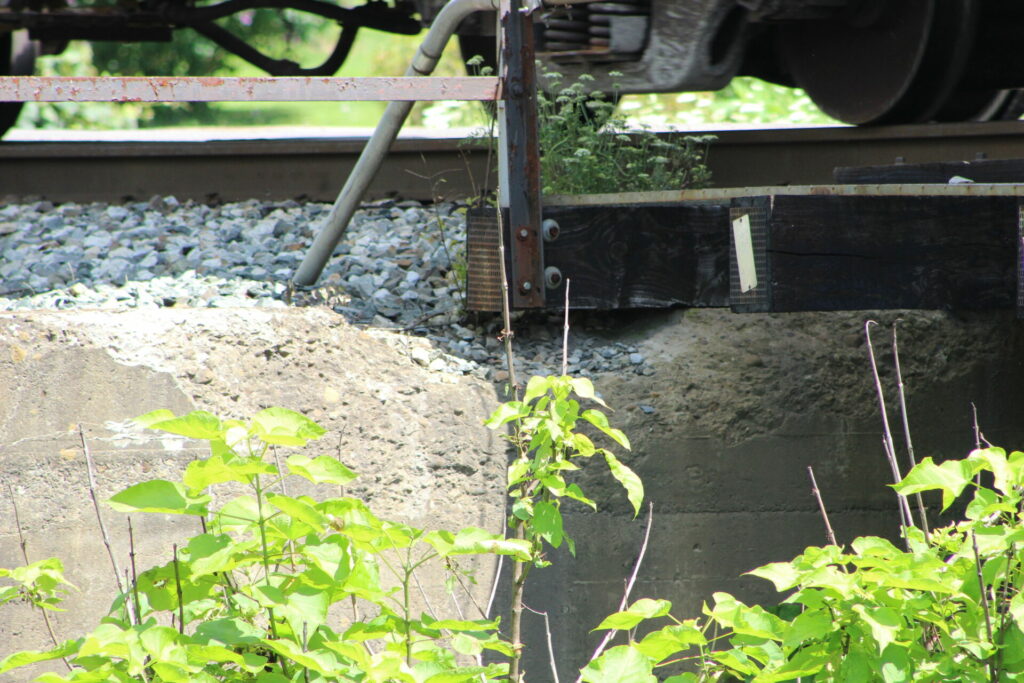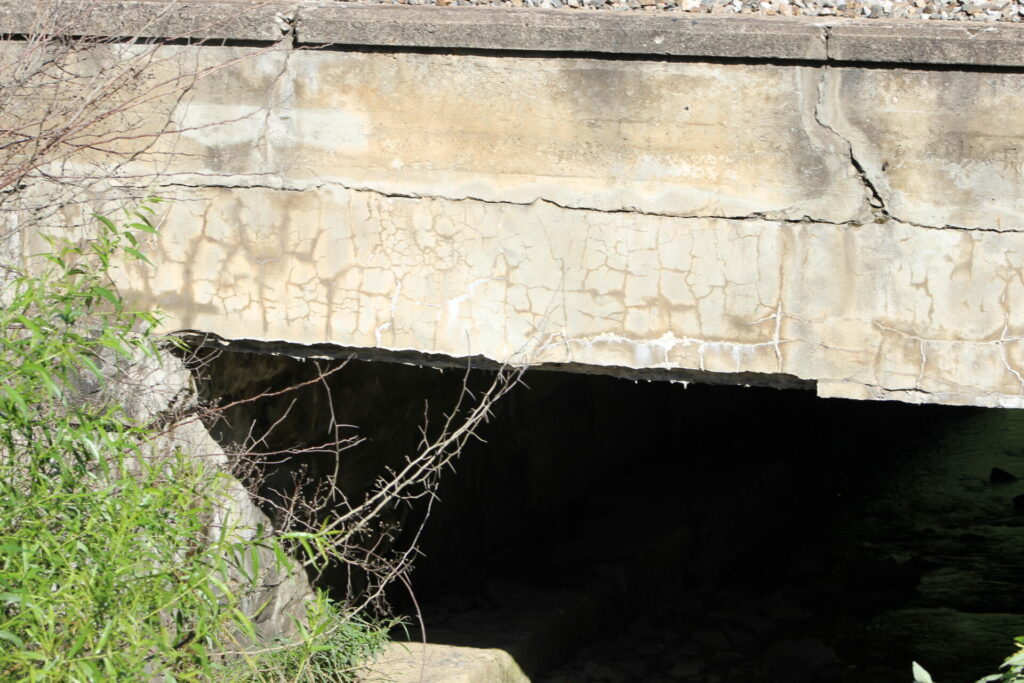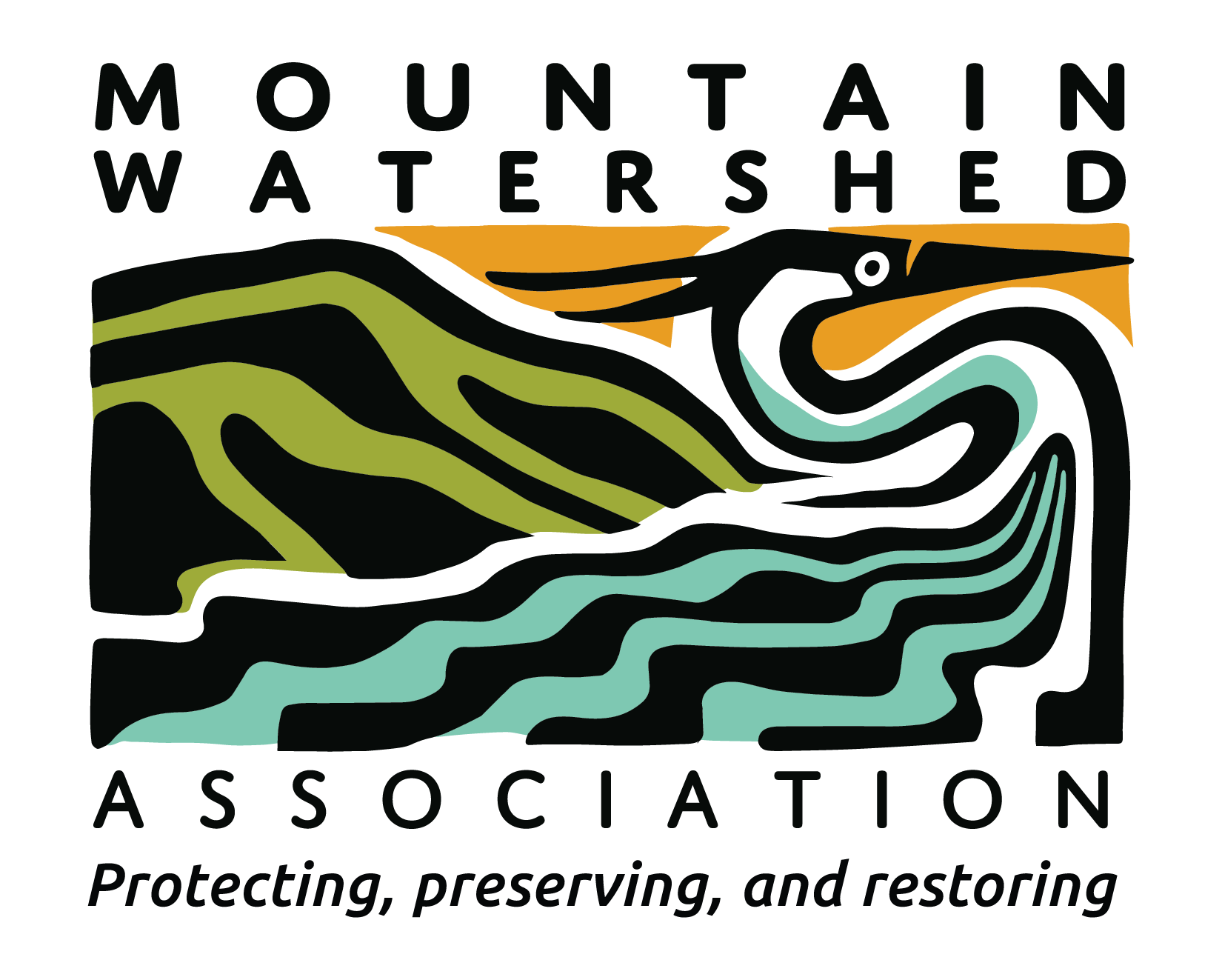In the months following the devastating train derailment in East Palestine, Ohio that occurred on February 3rd, 2023, Mountain Watershed Association (MWA) has received many inquiries from residents of the Youghiogheny Rivershed about potential impacts. These are some frequently asked questions.
1. How will the East Palestine, Ohio derailment affect our watershed?
We do not expect to see significant impacts from the East Palestine chemical spill in the Youghiogheny River Watershed. The contamination will primarily affect tributaries leading into the Ohio River, including but not limited to the Beaver River, all of which are downstream of the Monogahaela, which the Youghiogheny flows into.
Similarly, based on recent modeling, chemicals released from the burning of vinyl chloride would have been carried primarily Northeast from the site of the disaster, narrowly avoiding Pittsburgh and heading closer to Youngstown. We do not anticipate noticeable impacts in the Youghiogheny from this source, either.
All of this said, there may be longer-term issues associated with the derailment affecting our watershed, including acid rain and the toxic waste collected and removed from the site. We will be monitoring those where possible and keeping up on relevant research and reports.
2. What work is going on to address the derailment here and elsewhere?
Because of the relative distance from the Yough Watershed, MWA is not the primary organization providing direct services. Some local organizations that are on the ground there are River Valley Organizing and Ohio Valley Allies. We are supporting those and other organizations to address this tragic failure and provide answers for the victims living in its shadow. We hope you do the same if you are able – we cannot give these organizations enough credit for the work they have done in the face of a rapidly changing disaster.
For our part, MWA operates a small grant called the Direct Support Fund. After the derailment, the Direct Support Fund Committee approved a grant of $15,000 toward organizing efforts in East Palestine, including public meetings and mutual aid for those most affected. It is critical that those living close to the site stay in tune with one another to stay safe and receive any available resources for improving conditions.
Soon after, additional requests came in for independent testing local to the disaster for toxic chemicals including dioxin. Through Ohio Valley Allies, the Direct Support Fund provided an additional $15,000 towards conducting this critical testing for families with homes close to creeks and those with private wells. In total, our Direct Support Fund provided a total of over $30,000 within 30 days toward East Palestine derailment mitigation projects.

3. Are there similar concerns for the Youghiogheny?
One of the most frightening things about this derailment is that it could have happened almost anywhere.
Nearly a decade ago, MWA contributed to an investigative report about oil train infrastructure with the Waterkeeper Alliance. Nearly half of the bridges inspected had areas of concern. The Waterkeepers watched concrete flex and shudder when trains passed overhead. Bits crumbled off the foundations of bridges in real time, and some beams were noticeably loose or broken. MWA noted bridges over the Youghiogheny in need of repairs along with tributaries such as Laurel Hill Creek in Confluence and Mount’s Creek in Connellsville. In response to the East Palestine Train Derailment, we are conducting a follow-up assessment of the conditions of railways and bridge crossings throughout the Youghiogheny River Watershed. We expect to share results from this survey by Summer 2023.

After the incident in East Palestine, it is imperative that people be informed if hazardous chemicals are passing through their neighborhoods. If relocation is necessary after a derailment, it must be covered by the company responsible for the cargo, never the residents themselves. The local non-profits and residents of East Palestine have succeeded in acquiring coverage for relocation costs, cleaning, and testing for dioxins by the EPA, but all of these steps were hard-fought. This could happen anywhere in the region, and we need to push as a united front.
There are several ways to continue to support those affected by the derailment and to work together to prevent tragedies like this from happening elsewhere:
- Donate to bring air purifiers into the community to improve impacted residents’ home air quality. Over 40 systems have already been delivered, but there are still more than 200 unresolved requests at this time.
- Sign a petition by River Valley Organizing asking for the EPA and Norfolk Southern not to burn the contaminated waste from the disaster.
- Demand long-term medical monitoring for residents in OH and PA impacted by the derailment and its aftermath.
- Tell your elected officials to close the loopholes in the Bipartisan Railway Safety Act of 2023, and to protect people rather than polluters.

